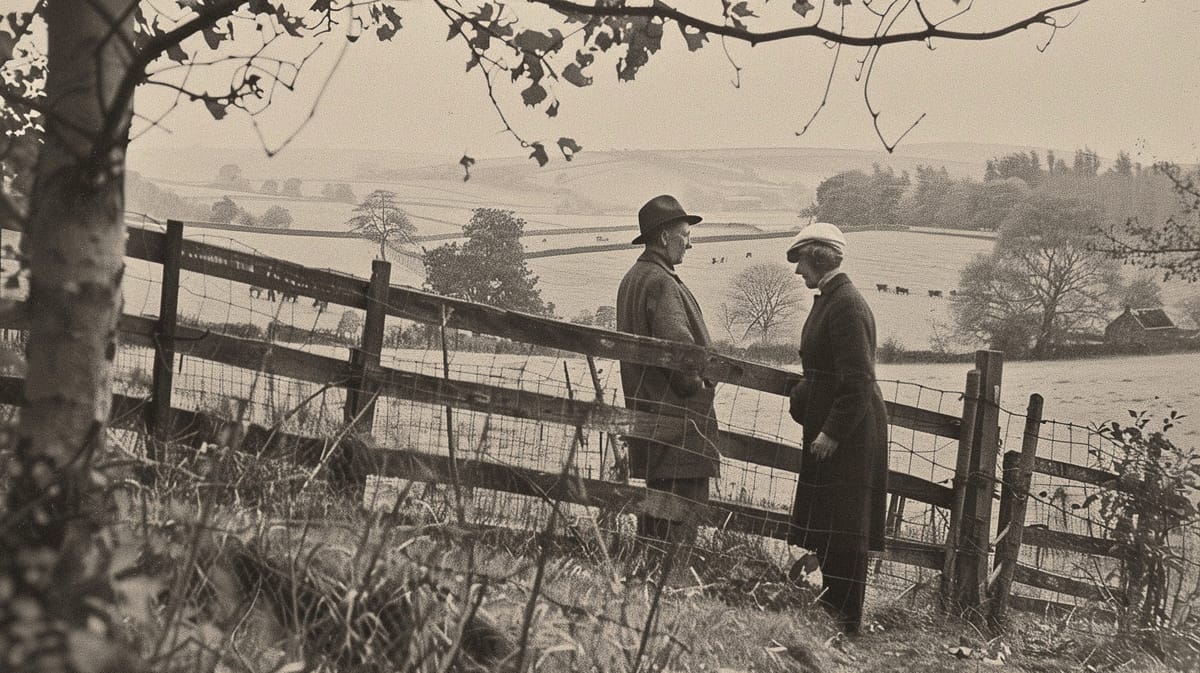Collapsing Context Collapse
Mass scale social platforms were wildly profitable — but also terrible social environments for most people. We need more context in our communities.

In the last few days I have come across, or had sent to me, anguished cries from people who have recently been dragged on social media and cannot fathom the injustice of it, and I find myself thinking: You haven’t figured this out yet? You complain about your words being taken out of context when you post them in an environment whose entire structure — as we have all known for fifteen years now — demands context collapse?
Context collapse occurs when different audiences occupy the same social online space, and the particular nuances of language or interaction in one group get misinterpreted by another. You can think of the old Twitter as “context collapse as a service”.
Building healthy online spaces
One of the reasons for the shift away from big platform social networks, to more ad hoc, self-generates social spaces online is the need to build buffers between social interaction you value and the wild outlines of context collapse. We’ve seen where the global town square leads — and we’ve rejected it.
Jacobs suggests that we should spend more of our attention in private seclusion, or in smaller, friendlier spaces, and less of it in the noisy clamour of public social media. That, to me, seems to be clearly the direction of travel for the social internet over the coming years. If you’re thinking about or designing community-centric spaces online, one of the first things to consider is the fences.
Good fences make good neighbours.





